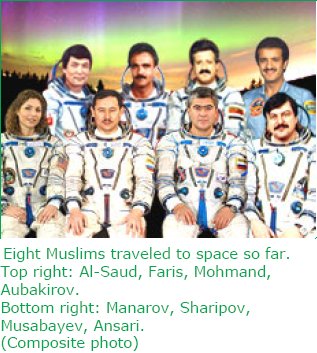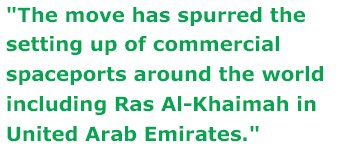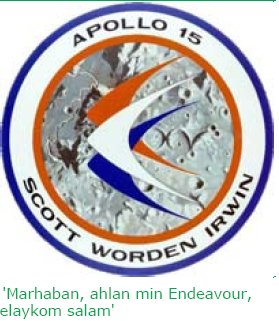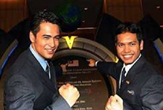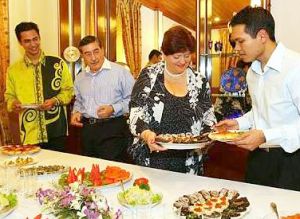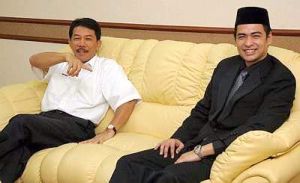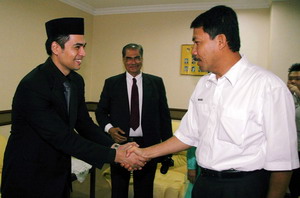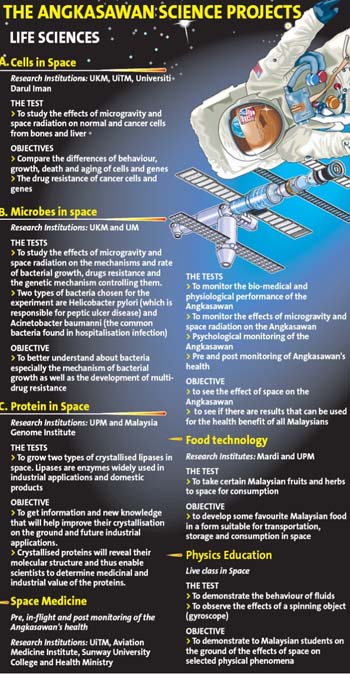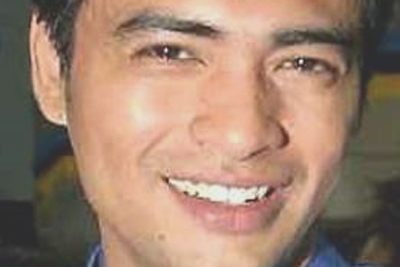Topic: - The Prog. - General
KUALA LUMPUR: The Science, Technology and Innovation Ministry is mulling over an idea of having a dedicated television channel for round-the-clock coverage of Malaysia's first astronaut in space.
Minister Datuk Seri Dr Jamaludin Jarjis said: "We are negotiating with Astro to lease one channel to give 24-hour coverage of our first astronaut during his stay in space."
The government wanted all Malaysians to watch the research and development programme carried out by him at the International Space Station (ISS), about 402.3km from earth, he said here, Friday.
Two Malaysian astronauts, Dr Sheikh Muszaphar Shukor and Capt Dr Faiz Khaleed, are undergoing training at the Yuri Gagarin Space Training Centre in Moscow, Russia.
One was scheduled to take off for space on Oct 6, Jamaludin said during a press conference to announce Malaysia's participation at the BIO International Convention that will be held in Boston, United States, next month.
It was reported that Malaysia will send cancer cell, bacteria and protein for research in space.
Jamaludin said the ministry was also in discussions with Russian and American telecommunication service providers, as well as, Telekom Malaysia and Measat to facilitate live telecast of the historic event.
He also said Prime Minister Datuk Seri Abdullah Ahmad Badawi would choose who of the two astronauts to be launched into space based on the final examination.
"The result could be announced one week or even three days before Oct 6, 2007," he said.
Jamaludin said Abdullah was expected to be at the Baikanour Cosmodrome in Kazakhstan to witness the launch of the space craft carrying the Malaysian astronaut, commander Yuri Malenchenko and Peggy Whitson.
Deputy Prime Minister Datuk Seri Najib Tun Razak was expected to receive them when they returned to earth, he said.
Source: Bernama.com
Site Editor's Note: Original article stated that the space craft will carry the Malaysian astronaut, commander Yuri Ivanovich and Oleg Kotay. The names of the latter 2 have been updated in this post.


